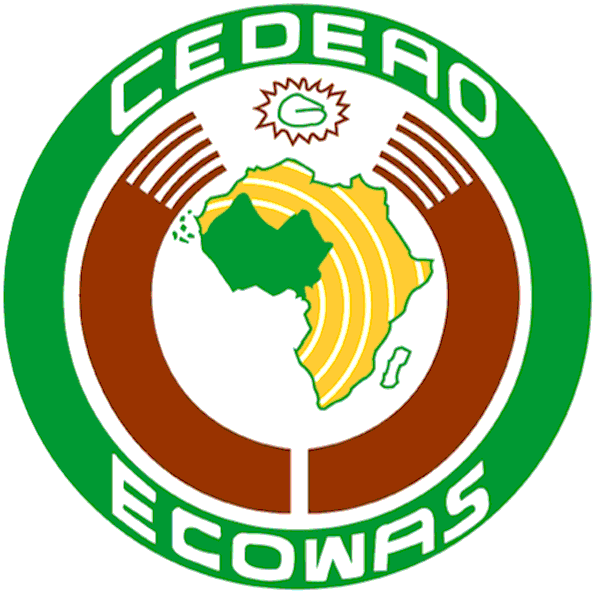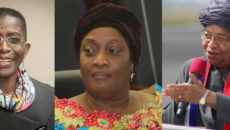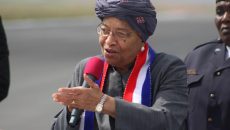MONROVIA, Montserrado – President Ellen Johnson Sirleaf has told the BBC that the former Gambian President Yahya Jammeh’s removal from office was the strong commitment of leaders of the Economic Community of West African States.
Her interview comes at the end of her tenure as the head of ECOWAS, which coincides with Liberia hosting the 51st ECOWAS Summit, the highest profile international gathering hosted by Liberia since the 1979 Organization for African Unity Conference.
Sirleaf’s handling of the Gambian crisis will be one of the signature foreign policy accomplishment of her tenure as president, if not the most important.
Presidential elections were held in the Gambia on December 1, 2016, and in a surprise result, opposition candidate Adama Barrow defeated incumbent Jammeh, who refused to leave office.
Barrow, a successful property developer, had never previously held public office.
Sirleaf participated in several negotiations aimed at persuading Jammeh to leave office and committed herself to a smooth political transition in the Gambia.
The Liberian leader told the BBC that the Gambian transition was required for the good of all people in the country, the entire sub-region and the continent of Africa.
According to Sirleaf, immunity for Jammeh was not part of the terms of negotiation for his departure from office, though she said the issue came up during meetings.
The Gambian election marked the first change of presidency in the country since a military coup in 1994, and the first transfer of power by popular election since independence from the United Kingdom in 1965.
The day after the election, before the final results were announced, Jammeh graciously conceded defeat, shocking a populace that had expected him to attempt to hold onto power.
The final official results showed Barrow winning a 43.3 percent plurality, achieving a 3.7 percent margin of victory over Jammeh’s 39.6 percent of the votes.
However, on December 9, Jammeh announced that he was rejecting the results and called for a new election, sparking a constitutional crisis.
Jammeh eventually left the Gambia for exile in response to mounting international pressure calling for his departure, landing in Guinea with members of his family.
The former Gambian leader came to power in 1994 as a 29-year-old army lieutenant in a military coup and remained the president through several elections held in 1996, 2001, 2006 and 2011.
The coup led by Jammeh unseated Dawda Jawara, who had led the Gambia since independence in 1965.
The 22 years of Jammeh’s presidency were characterized by suppression of dissent, restrictions on the press, and many allegations of human rights violations.



